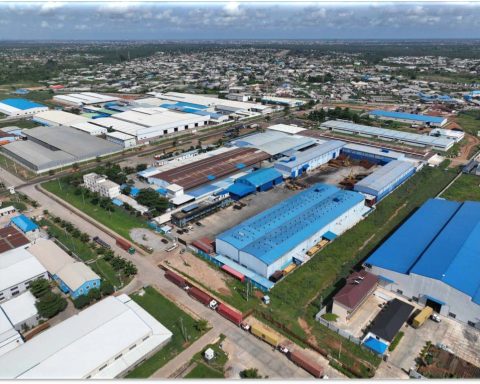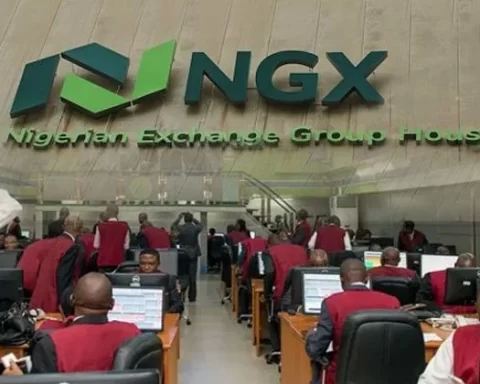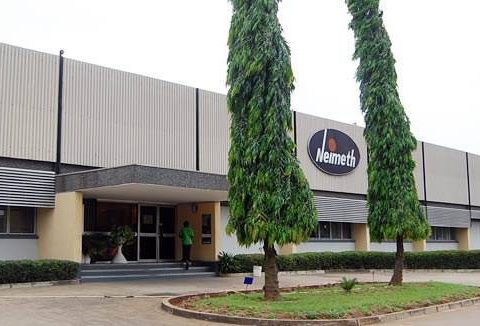The Nigerian Association of Chambers of Commerce, Industry, Mines and Agriculture (NACCIMA) has called on the Nigerian government to take necessary steps towards creating a conducive environment for businesses and reverse the ugly trend of companies collapsing in the country.
NACCIMA made the call while reacting to the recent news of the exit of GlaxoSmithKline, a major British Pharmaceutical manufacturing and distribution company, from Nigeria.
Join our WhatsApp ChannelIn a statement signed by its National President, Dele Kelvin Oye, NACCIMA expressed concern over the increasing exodus of companies from Nigeria, adding that GSK’s exit from Nigeria “has dealt a major blow to the country’s manufacturing sector, which is already experiencing significant collapse amongst its local businesses.”
READ ALSO: Why Investors Are Jostling For GSK Nigeria’s Shares Despite Impending Shutdown
It noted that some of the policies of the Bola Tinubu-led government aimed at setting the country on a long-term path to economic progression, particularly the removal of subsidy which led to the sudden rise in the price of petrol and the abolition of the official naira exchange rate, have had an adverse effect on certain sectors of the economy.
It said the policies “caused a significant backlash, eroding the already earned income and trading capital of several multinational companies that had established their previous earnings based on the official naira rate at the time.”
It further lamented that there has been a steady exodus of multinational companies and the collapse of several local ones, resulting in significant job losses and damage to the economy.
READ ALSO: GSK Exit: LCCI Decries Challenging Business Environment In Nigeria
In view of the prevailing economic situation, NACCIMA urged the Federal Government to review the short-term impact of its
economic policies “as it relates to commitments already concluded for remittances/raw materials by the affected companies/ businesses to reverse the trend of companies leaving Nigeria.”
It also called on the government to provide access to single-digit short and long-term financing to reduce the cost of doing business in the country.
“The government should prioritize investments in infrastructure and power supply, provide tax incentives to encourage businesses to invest in Nigeria, and improve the ease of doing business by reducing bureaucratic bottlenecks.”
NACCIMA also stressed the need for the government to collaborate with the private sector in developing policies that would stimulate economic growth and create job opportunities in the country.
“We firmly believe that with the right policies in place, Nigeria’s economy can be revitalized and the country can become a hub for business and investment in Africa,” it added.














